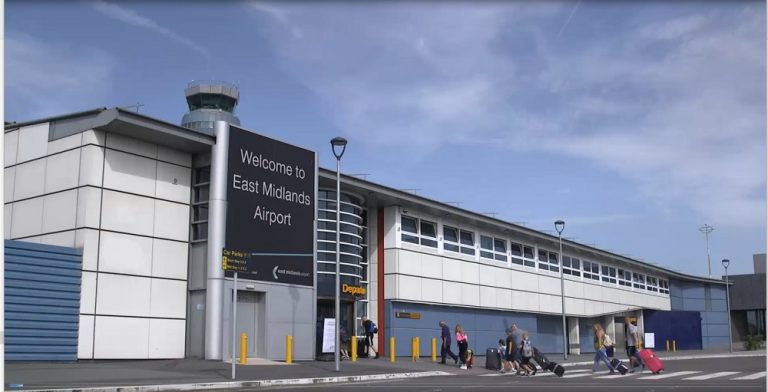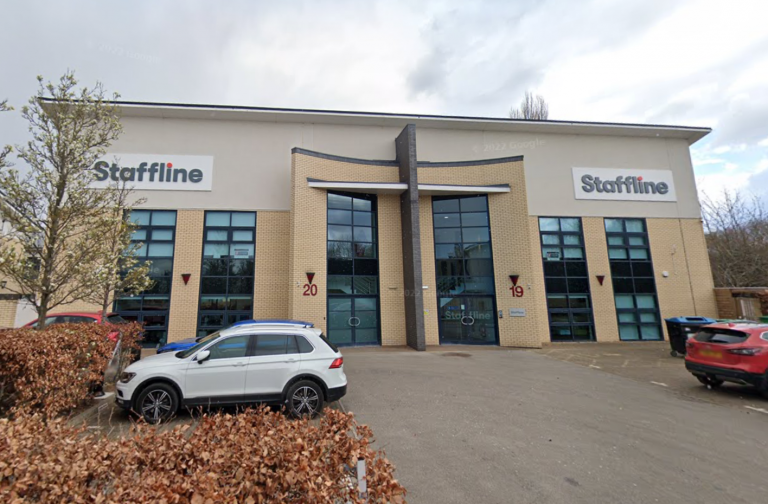East Midlands Airport is working closely with Uniper, the company overseeing the decommissioning of the Ratcliffe-on-Soar Power Station, to ensure that flights are not disrupted when the station’s cooling towers are demolished. The airport is involved in planning to ensure the demolition occurs at a time that will not affect air traffic safety.
The Ratcliffe-on-Soar Power Station, which closed its final unit on 30th September 2024 after 57 years of operation, is in decommissioning, a task expected to take around two years. During this time, the power station’s eight cooling towers, each 114 metres high with reinforced draught concrete walls, will be demolished as part of the site’s transition to redevelopment.
Approximately 120 staff members are still working on-site to manage the shutdown, which is divided into three major zones. Decommissioning will make the facility “cold and dark” before repurposing it for future use.
The airport’s management is in ongoing discussions with Uniper to ensure the demolition does not interfere with flight operations. While it is still too early to confirm exact dates, the goal is to carry out the demolition without disrupting air traffic, ensuring that aircraft can operate safely. The collaboration aims to balance the safety of air travel with the efficient completion of the power station’s decommissioning.
This project follows the demolition of cooling towers at the former High Marnham power station in Retford in 2012, the last such demolition in the region.












